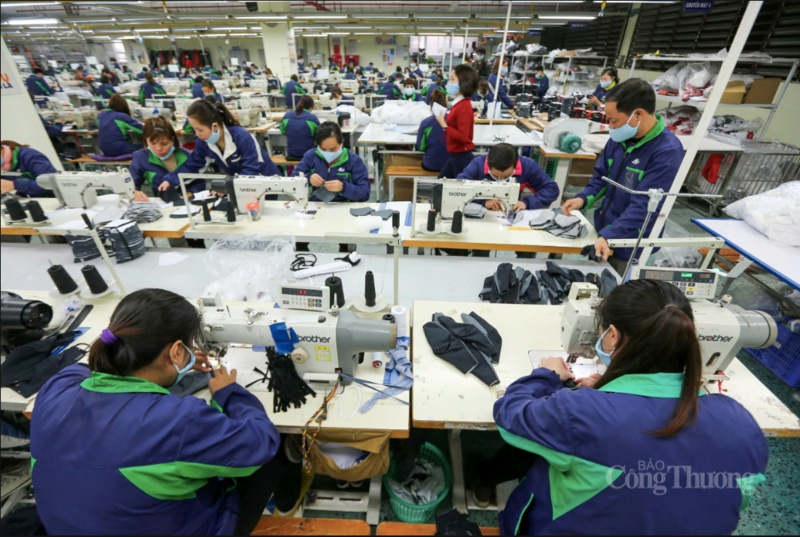
When sustainability is no longer optional for Vietnam’s textile firms
19:05 | 23/03/2025 11:18 | 17/12/2025Trade
Unleashing potential from exemplary models
The story of Thuy Nam Industrial and Trade Development Co., Ltd. is a clear example. With nearly VND 400 million from the national industrial promotion fund and support from local authorities and relevant agencies, in 2015 the company boldly invested almost VND 14 billion to build a factory producing insulated roofing sheets with heat resistance, soundproofing and waterproofing properties.
Its products not only meet technical standards but also address diverse market demands from insulation and waterproofing to ease of installation. Since the factory came into operation, the company has created regular jobs for 28 workers and 10 seasonal workers, with stable monthly incomes of VND 8-10 million. Particularly, the pioneering application of modern technology in production has enabled Thuy Nam to strengthen its brand in the local market and retain skilled workers.
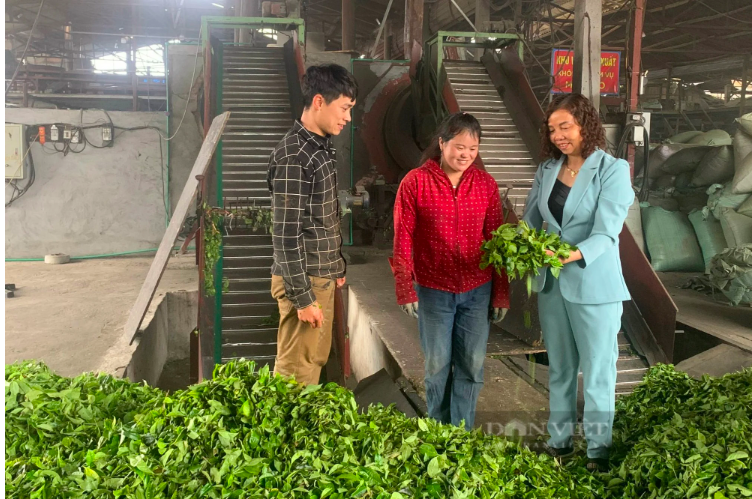
Produced at Shan Truc Thanh Tea Company Limited. Photo: Dan Viet
Another example is Tam Hung Furniture Workshop. Previously, all furniture products had to be sourced from other regions, which was costly and failed to meet rising customer expectations. Recognizing the opportunity, the owner invested over VND 7 billion to build a modern production workshop, bringing to the market high-quality imported wood products such as beds, wardrobes, tables, chairs and staircases. Within a few years, Tam Hung has supplied about 80% of the city’s furniture demand, while creating jobs for 10 workers with daily wages ranging from VND 300,000 to 450,000.
Beyond the provincial market, the workshop has also set its sights on expansion for exports to China. This demonstrates the impact of industrial promotion in helping facilities upgrade production lines, diversify designs and improve product quality.
With nearly 965 hectares of tea, of which 940 hectares are in cultivation, Lai Chau has favorable conditions for developing high-quality tea processing. Shan Truc Thanh Tea Co., Ltd. is among the pioneers. By combining its own capital with bank loans, the company invested in a modern green tea production line with an annual capacity of 1,100 tons of fresh tea and expanded its raw material area to 150 hectares.
In 2024, the company purchased more than 6,400 tons of fresh tea and processed 1,200 tons of dried tea, generating revenue of over VND 40 billion and profit margins of more than 10%. Its products are sold domestically and exported to Pakistan. Importantly, the company has signed purchasing contracts with more than 300 farming households, creating stable jobs for 16 full-time workers and dozens of seasonal workers, mainly from ethnic minority groups.
Support in machinery investment and guidance on cultivation, harvesting and processing techniques has improved tea quality, expanded markets and ensured steady incomes for farmers in the raw material areas.
Connecting internal and external resources for industrial and handicraft development
Like many other mountainous provinces, Lai Chau has relatively few rural industrial production facilities. However, with the attention of provincial authorities in recent years, industry and handicrafts have contributed significantly to local economic development.
In 2024 alone, Lai Chau city (now Tan Phong and Doan Ket wards) recorded industrial and handicraft production value of more than VND 643 billion, up 4.44% compared to 2023, exceeding the annual plan.
These achievements resulted from a combination of industrial promotion and other supportive measures, including administrative reforms, transport infrastructure investment, investment promotion and trade facilitation. This allowed the city to harness local advantages while creating a favorable environment for enterprises to expand production and innovate technology.
To continue achieving rapid, strong and sustainable industrial and handicraft growth, Lai Chau has set targets to encourage investment in sectors with competitive advantages such as agro-processing, building materials, wood, aluminum and glass, while linking products with raw material areas. The province will also support businesses in resolving challenges through dialogue, addressing issues related to capital, technology and markets in a timely manner.
Local authorities are stepping up trade promotion and product marketing in multiple forms to seek stable and expanded markets. Industrial promotion will continue to play a central role, particularly in supporting the development of technical demonstration models, product branding, workshop expansion, and the adoption of information technology and digital transformation in production.
Among the solutions identified, industrial promotion is considered one of the most effective tools, as it not only supports funding and technology but also helps businesses access markets, connect with partners and enhance competitiveness.
A common thread in Lai Chau’s successful models is the combination of internal resources-entrepreneurial will, creativity and persistence-with external support from industrial promotion and government programs. Internal strength drives determination and innovation, while external support provides the conditions to turn ideas into reality.

19:05 | 23/03/2025 11:18 | 17/12/2025Trade

19:05 | 23/03/2025 11:17 | 17/12/2025Trade
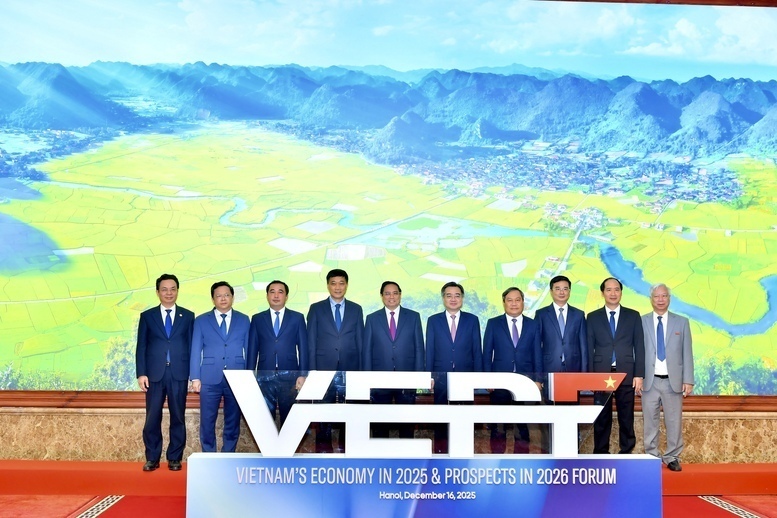
19:05 | 23/03/2025 09:50 | 17/12/2025Trade
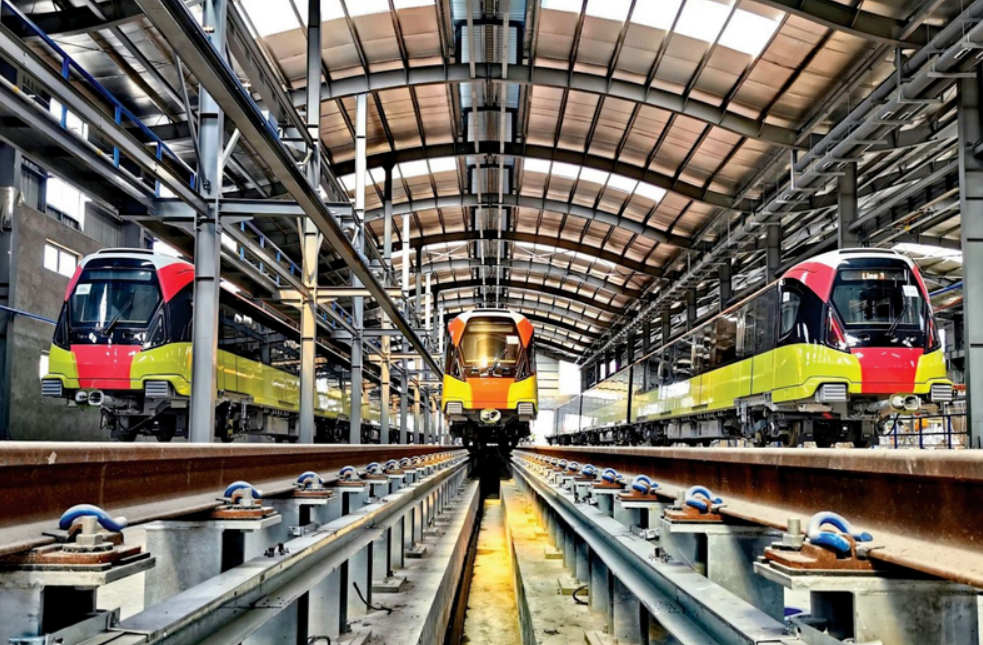
19:05 | 23/03/2025 20:46 | 16/12/2025Industry
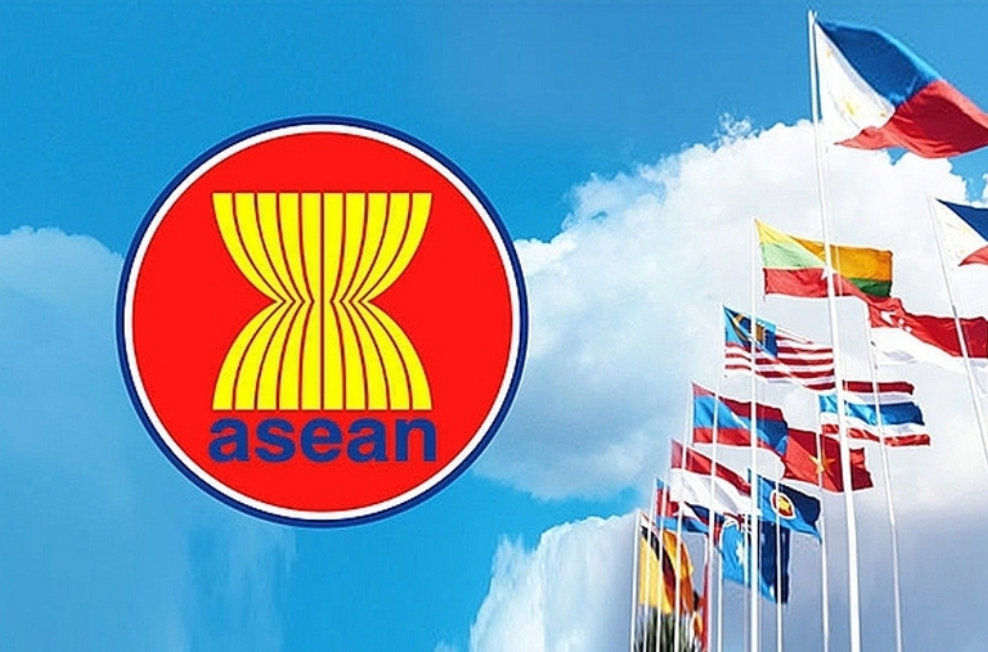
19:05 | 23/03/2025 20:41 | 16/12/2025News and Events